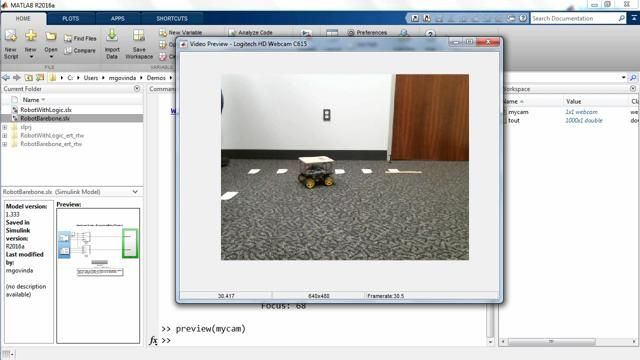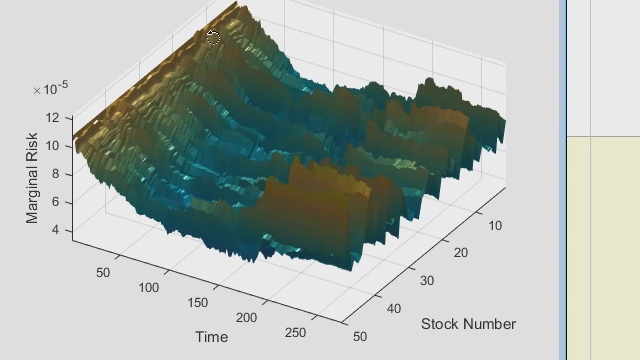Smart RF Design of Digitally Controlled RF Transmitters and Receivers
Wireless systems are becoming pervasive and the need to reduce the overall area and power imposes challenging requirements on the RF front-ends. For this reason, smart RF systems make extensive use of digital signal processing algorithms to calibrate and compensate the RF impairments. Algorithms such as Digital Pre Distortion, adaptive filtering, and automatic gain control are integral part of all modern wireless systems and they require to be designed together with the analog and RF front end. In this webinar, we will see how these algorithms can be developed and simulated together with accurate models of RF transmitters and receivers.
Examples of multi-domain system-level simulation will show how virtual testbenches allow you to experiment with different scenarios, and tune the algorithms and the front-end architecture for optimal performance. Without system-level simulation, the algorithms can only be tested late in the development cycle, when a prototype is developed.
You will see how system level testbenches, where RF, analog and digital can be rapidly simulated together, are key to faster development and easier debugging. We will use wide-band standard-compliant LTE signals and metrics to test the front-end behavior and and verify if the specs of the design are met. The simulation speed achieved with MATLAB and Simulink is the key enabler to manage the complexity of today’s wireless systems.
Webinar highlights include:
- Co-development of RF models and DSP algorithms
- Model tunable RF architectures with embedded control logic
- Accurate PA modeling for Digital Predistortion
- Using standard compliant LTE signals and metrics to validate the RF front end
Recorded: 9 Jun 2015




